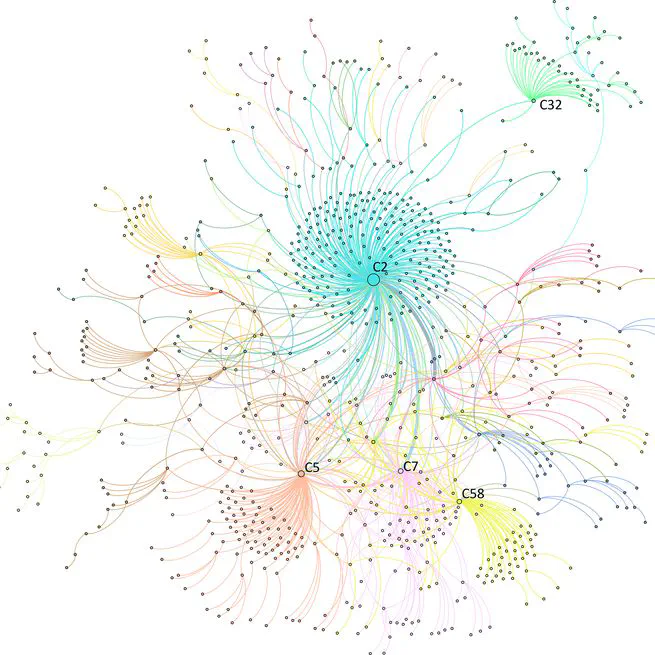Presented and co-organized the international conference CPCB 2025 at Utrecht University, focusing on digital participation and power in planning.
May 5, 2025
Call for papers for the special issue in Planning Practice & Research Journal, organized by Dr. Yanliu Lin and co-editors.
Oct 20, 2024

Unequal power relations in online planning controversy
Jan 1, 2024

Jan 1, 2022

As a PhD Candidate, Junyao He has been involved in collaborative planning research in China in collaboration Dr. Yanliu Lin, Dr. Hongmei Lu and Xiaomeng Zhou since July 2021. He focuses on power relations and social network analysis. This research is part of the ERC funded project CoChina. This project is led by Dr. Yanliu Lin, Associate Professor of Spatial Planning and Digitalization in the Department of Human Geography and Spatial Planning for the topic of “Collaborative planning in China: Authoritarian institutions, new media, power relations, and public spheres”. It is funded for five years (2021-2026) through a Starting Grant awarded by the European Research Council (ERC) under the European Union’s Horizon 2020 research and innovation programme (grant agreement No. 947879). Collaborative planning has become an effective means to address conflicts of interest in urban renewal and environmental management in China. However, the egalitarian principles that ground collaborative planning theory call into question its validity in China. The theory emphasizes consensus building in which various stakeholders come together for dialogue to address controversial issues. It rests on three assumptions: democratic institutions, neutral power and communicative rationality. These assumptions, which are often debated in the Western context, should clearly be questioned in the Chinese context, due to authoritarian deliberation and the challenging nature of power relations. Therefore, the overall aim of this project is to examine collaborative planning practices in China and identify the challenges to the assumptions of collaborative planning theory about institutions, power relations, and public spheres. It leads to a new understanding of collaborative planning in China, and a reconceptualization of the collaborative planning theory.
Jul 1, 2021